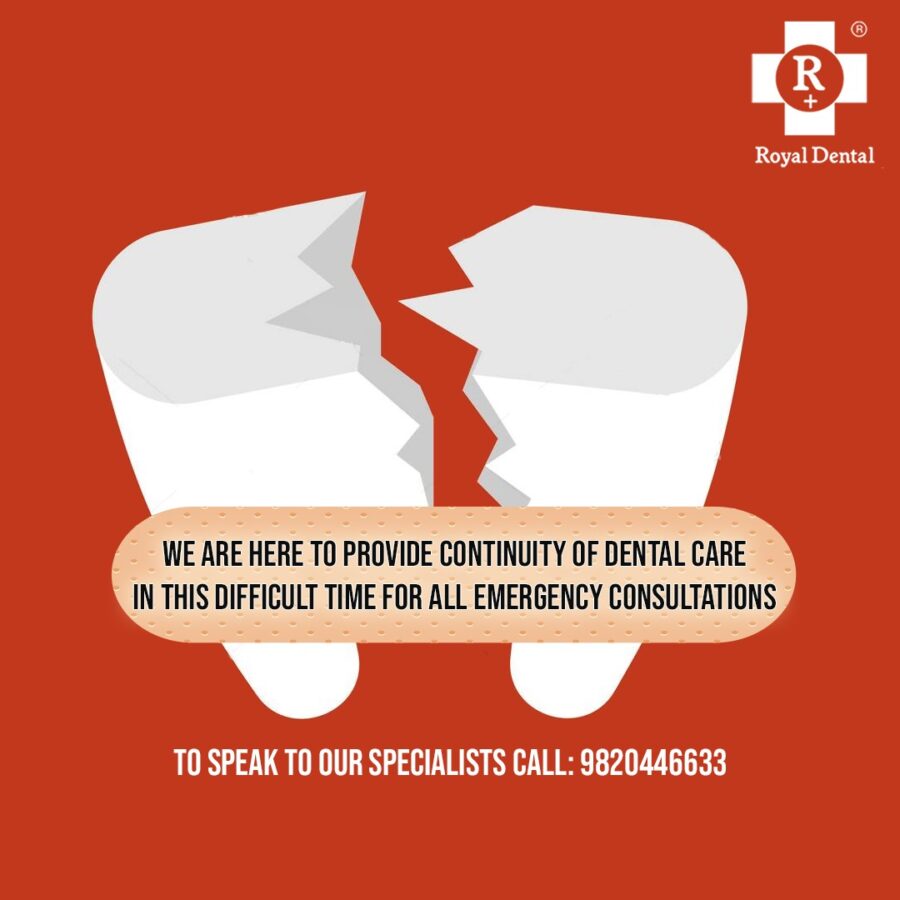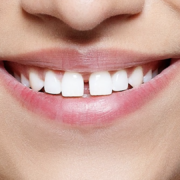During pregnancy, it’s important to maintain good oral hygiene, as it directly affects the overall health of both the mother and the baby. In this comprehensive guide, renowned dentist Dr. Chirag Chamria shares his expert tips on how to ensure healthy teeth during pregnancy. Another crucial aspect that Dr. Chamria emphasizes is maintaining a balanced diet. He recommends avoiding excessive sugar and acids and increasing the intake of calcium-rich foods, which are essential for healthy teeth and bones. With this invaluable information from Dr. Chirag Chamria, expectant mothers can feel confident in maintaining excellent oral health throughout their pregnancy journey. So, let’s dive into this ultimate guide and ensure a healthy smile for both mom and baby.
Oral Health during Pregnancy | Healthy Teeth
Maintaining good oral health during pregnancy is not just about having a beautiful smile; it’s about ensuring the overall well-being of both the mother and the baby. Pregnancy hormones can lead to changes in the mouth, making pregnant women more susceptible to dental problems such as gum disease and tooth decay.
Research has shown that poor oral health during pregnancy is associated with an increased risk of preterm birth and low birth weight. It is, therefore, crucial for expectant mothers to prioritize their oral health and take the necessary precautions to prevent any dental issues.
Regular dental check-ups and cleanings are essential during pregnancy to monitor and maintain oral health. Dr. Chamria advises pregnant women to inform their dentists about their condition, as certain treatments and medications may need to be adjusted to ensure the safety of both the mother and the baby.
Dental Problems | Healthy Teeth During Pregnancy
Gingivitis: Hormonal changes during pregnancy can make the gums more sensitive to plaque, leading to gingivitis (gum inflammation). Symptoms may include redness, swelling, tenderness, and bleeding gums. Proper oral hygiene and regular dental check-ups can help manage and prevent gingivitis.
Pregnancy Tumors: Some pregnant women may develop benign growths on their gums called pregnancy tumors. These tumors are usually not cancerous and are often related to excess plaque. They can be uncomfortable, but a dentist or periodontist typically removes them.

Tooth Decay: Hormonal changes can also affect the balance of bacteria in the mouth, increasing the risk of tooth decay. Morning sickness, with its associated vomiting and acid reflux, can contribute to tooth erosion. Maintaining good oral hygiene, including brushing and flossing regularly, is crucial.
Xerostomia (dry mouth): Some pregnant women may experience dry mouth, which can increase the risk of tooth decay and gum problems. Staying well hydrated can help alleviate dry mouth symptoms, and sugar-free gum or lozenges can also help stimulate saliva production.
Tooth Mobility: Changes in hormone levels and increased blood flow can affect the ligaments and bones that support teeth. This may lead to increased tooth mobility or even mild discomfort. These changes are usually temporary and resolve after pregnancy.
Tips for Maintaining Healthy Teeth During Pregnancy
- Brush your teeth at least twice a day with fluoride toothpaste.
- Floss daily to remove plaque between teeth.
- If your dentist advises it, rinse with an alcohol-free antimicrobial mouthwash.
- Maintain a balanced diet, avoiding excessively sugary or acidic foods and drinks.
- Attend regular dental check-ups and cleanings, and inform your dentist of your pregnancy.
- If you experience any dental pain, bleeding, or discomfort, consult your dentist promptly.
Safe dental treatments during pregnancy
Dental Cleanings: Routine dental cleanings, also known as dental prophylaxis, are safe and recommended during pregnancy. These cleanings help remove plaque and prevent gingivitis. Inform your dentist that you are pregnant so they can adjust your treatment if needed.
X-rays: Dental X-rays should be avoided during pregnancy, especially during the first trimester when the baby’s organs are developing. If dental X-rays are necessary, your dentist can use a lead apron with thyroid shielding to minimize radiation exposure. They will also limit the number of X-rays taken and focus on the specific area of concern.
Local Anesthesia: The use of local anesthesia for dental procedures is generally considered safe during pregnancy. Your dentist will choose the lowest effective dose to minimize any potential risks. Lidocaine is a commonly used local anesthetic that is generally considered safe.
Root Canals: Root canal treatments are safe during pregnancy if there is an infection or significant pain. Your dentist will use local anesthesia and take precautions to minimize any risks.
Tooth Extractions: Tooth extractions may be necessary during pregnancy if a tooth is severely decayed or is causing significant pain. Your dentist will typically use local anesthesia and ensure you are comfortable during the procedure.
Emergency Dental Care: If you experience a dental emergency, such as severe pain, infection, or trauma, seek immediate dental treatment. Delaying treatment can potentially harm both your oral health and your pregnancy.
Medications: If you need antibiotics or other medications for a dental infection or procedure, your dentist will choose medications that are safe for pregnant individuals.
Nutritional Tips for Healthy Teeth During Pregnancy
Calcium-rich foods: Calcium is essential for developing your baby’s teeth and bones, and it also supports your own dental health. Include dairy products like milk, cheese, and yogurt in your diet. If you are lactose intolerant or have dietary restrictions, consider calcium-fortified alternatives such as fortified plant-based milk or leafy greens like kale and spinach.
Phosphorus-rich foods: Phosphorus is another mineral that helps strengthen teeth and bones. Incorporate foods like lean meats, poultry, fish, nuts, and seeds into your diet to boost your phosphorus intake.
Vitamin D: Vitamin D is crucial for calcium absorption and helps with tooth development. Get some sun exposure and include foods like fatty fish (e.g., salmon, mackerel), egg yolks, and fortified foods in your diet. If your doctor recommends it, you may also take vitamin D supplements.
Fruits and vegetables: These provide essential vitamins and minerals, including vitamin C, which promotes healthy gums and helps prevent gum disease. Citrus fruits, strawberries, kiwis, and bell peppers are good sources of vitamin C.
Fiber-Rich Foods: Fiber-rich foods like whole grains, fruits, and vegetables help stimulate saliva production, which naturally cleanses the mouth and neutralises acids that can lead to tooth decay.
Role of Hormones in Healthy Teeth During Pregnancy
Hormonal changes during pregnancy can have a significant impact on oral health. The increased levels of estrogen and progesterone can affect the body’s response to plaque, making pregnant women more susceptible to gum disease and tooth decay.
The hormonal changes can cause the gums to become swollen, red, and prone to bleeding. This condition is known as pregnancy gingivitis and affects a significant number of expectant mothers. The best way to prevent or manage pregnancy gingivitis is to maintain good oral hygiene practices and seek regular dental care. It’s important to note that the hormonal changes during pregnancy are temporary, and any dental issues experienced during this time can be effectively addressed with proper care and treatment.
Common Misconceptions about Dental Care | Pregnancy
There are several misconceptions and myths surrounding dental care during pregnancy. It’s important to separate fact from fiction to ensure that expectant mothers receive the appropriate care and advice for maintaining their oral health.


One common misconception is that dental treatments should be avoided during pregnancy. While elective treatments may be postponed, routine dental care and necessary treatments are important for maintaining oral health. Dental professionals are trained to provide safe and effective care for pregnant women, taking into consideration the specific needs and concerns associated with pregnancy.
Another misconception is that calcium is depleted from the mother’s teeth during pregnancy. This is not true. The developing baby receives the necessary calcium from the mother’s diet and supplements, and the mother’s teeth remain unaffected.
Dr. Chirag Chamria | Healthy Teeth During Pregnancy
Dr. Chirag Chamria, an expert in dental care for expectant mothers, offers his valuable advice for maintaining healthy teeth during pregnancy. He emphasizes the importance of regular dental check-ups and cleanings to monitor and address any dental issues that may arise.
Dr. Chamria recommends informing your dentist about your pregnancy and any medications you are taking to ensure that treatments and medications are adjusted accordingly. He also advises against delaying necessary dental treatments, as untreated dental problems can have a negative impact on your overall health and the health of your baby.
In terms of oral hygiene, Dr. Chamria stresses the importance of brushing your teeth twice a day with fluoridated toothpaste and using a soft-bristled toothbrush. Flossing and using an antimicrobial mouthwash are also essential for maintaining good oral health.
Dr. Chamria encourages pregnant women to maintain a balanced diet, avoiding excess sugar and acids while increasing their intake of calcium-rich foods. He also recommends managing morning sickness by rinsing the mouth with water or a fluoride mouthwash after vomiting and waiting at least 30 minutes before brushing the teeth.
Conclusion
Taking care of your oral health during pregnancy is crucial for both your and your baby’s well-being. By following the tips and advice shared by dentist Dr. Chirag Chamria, you can maintain healthy teeth and gums throughout your pregnancy journey. Regular dental check-ups and cleanings, along with proper oral hygiene practices, can help prevent common dental problems associated with pregnancy. Maintaining a balanced diet and managing morning sickness are also important factors in ensuring good oral health. Remember to communicate with your dentist about your pregnancy and any medications you are taking to ensure safe and effective dental care. Prioritizing your dental health helps you and your baby’s oral health. You can confidently manage pregnancy with the best guide to good teeth and a lifetime of healthy smiles.
© All rights reserved by Royal Dental Implants Pvt Ltd
Issued in public interest






